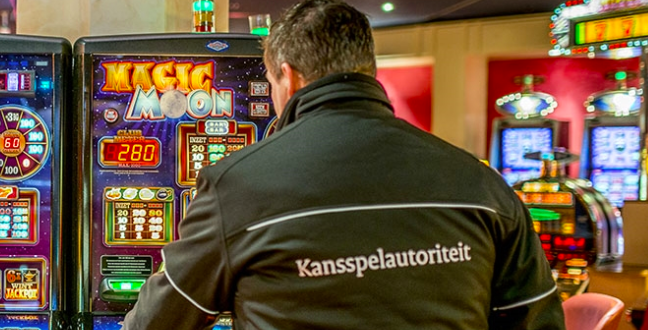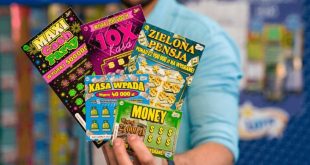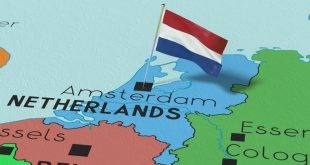Three licensed Dutch operators have been warned by the country’s gambling authority, the Kansspelautoriteit (KSA), for breaching the untargeted advertising ban initiated earlier this year.
Although not named by the regulator, the ‘various online operators’ have been cautioned for advertising their products and services via billboards and in bus shelters. This breaks the law implemented on 1 July which banned advertising in public spaces.
To summarise, the ‘untargeted advertising’ ban means that Dutch licence holders are prohibited from using marketing methods which cannot be targeted specifically at non-vulnerable groups.
In particular, advertising must be directed towards those aged over 24, as this demographic is deemed to be more financially stable and less prone to harm than younger groups. Direct marketing to those consumers aged 23 and under was already prohibited.
The Netherlands online betting and gaming market was re-regulated on 1 October 2021 under the KOA Act, which established an initial marketplace of 10 licensed operators.
In the two years since the market has grown to 24 licence holders and advertising has also understandably increased. As marketing was limited prior to the market’s launch, this has led to concerns by political and public figures of a ‘bombardment’ of advertising.
This in turn has prompted the government to adopt new legislation around gambling advertising, spearheaded by Minister for Legal Protections, Franc Weerwind.
The law that came into force on 1 July – the same day an identical ban was implemented in neighbouring Belgium – prohibits several forms of advertising deemed to be ‘untargeted’ in that anyone of any demographic can view them.
Prohibited marketing methods include the aforementioned use of material in public spaces, such as on billboards and in bus shelters, gaming casinos, arcades, cinemas and cafes, as well as on broadcast TV and radio.
Advertising is still permitted via the internet, direct mailing, on-demand TV and social media, but only under ‘strict conditions’. Said conditions include adherence to the ban on ‘role models’ in advertising, role models being well-known personalities that could have a following among younger consumers, such as football players, celebrities and social media personalities.
In enforcing gambling laws in the past, the KSA has not shied away from the use of fines and other coercive measures to ensure compliance. For example, BetCity.nl and Hillside New Media were charged €400,000 this year for advertising breaches.
In the more recent cases, however, the KSA has opted not to pursue this course of action. The KSA noted that the public adverts were taken down by the operators in question once regulatory contact was made, and so only a warning was issued.
The authority explained its stance on advertising compliance: “The KSA informed providers in advance about the new regulations and warned them not to push the boundaries. In the event of obvious violations, the KSA would take immediate enforcement action.”









